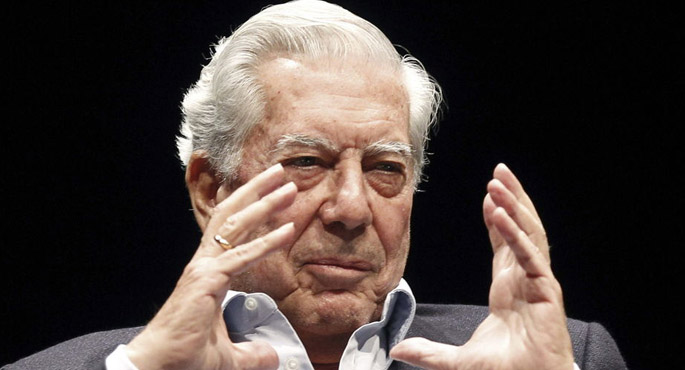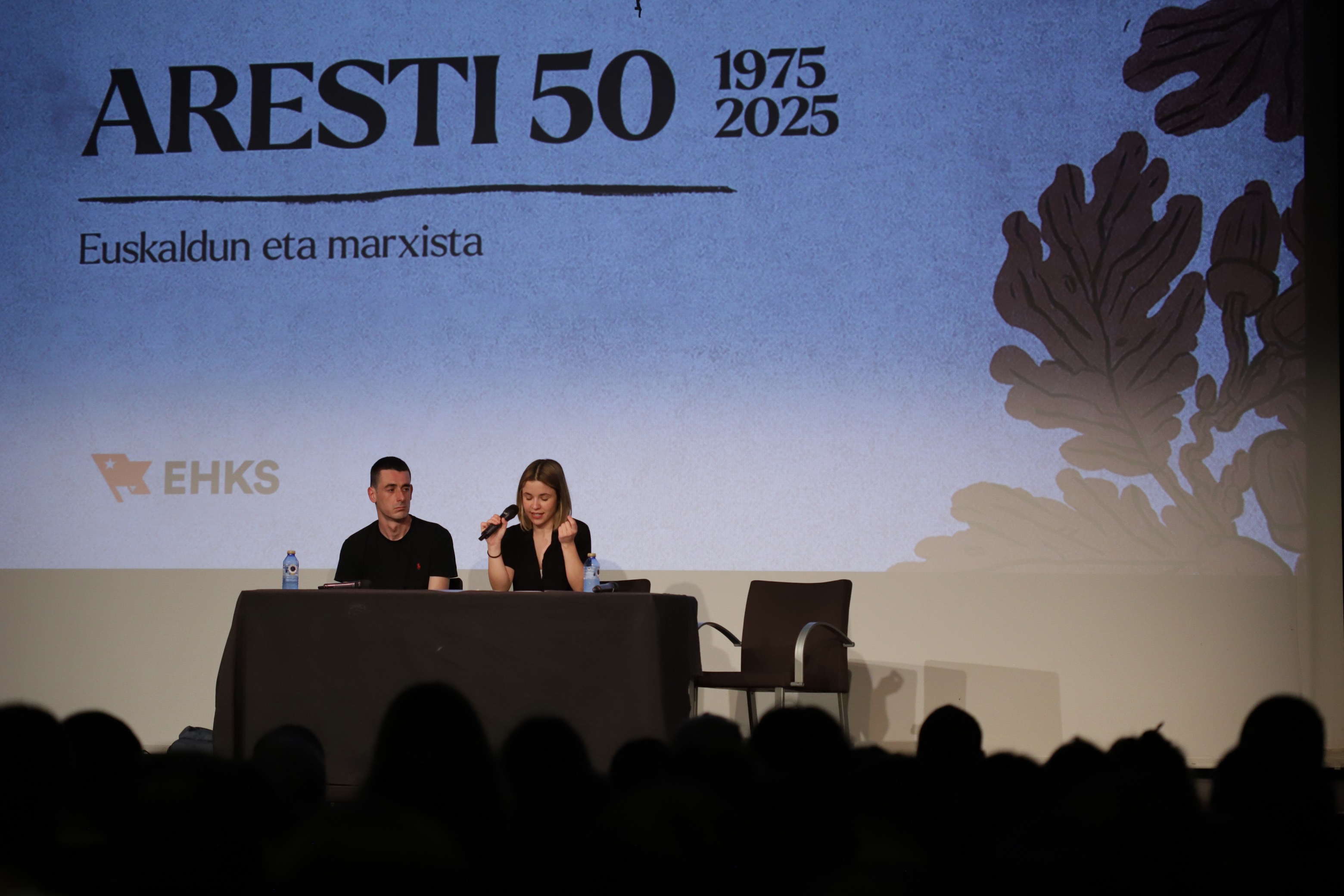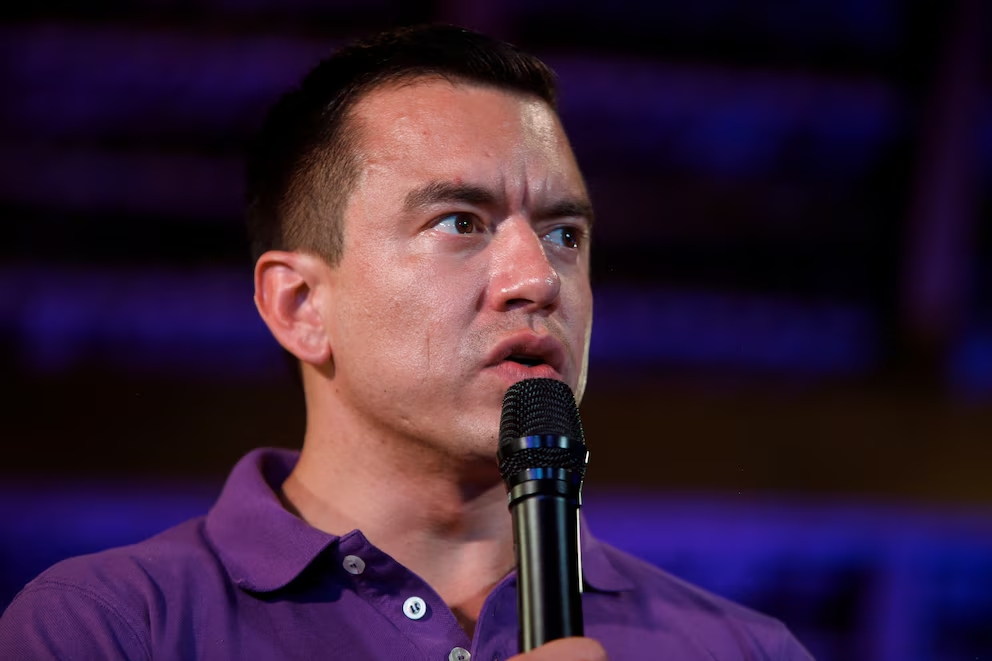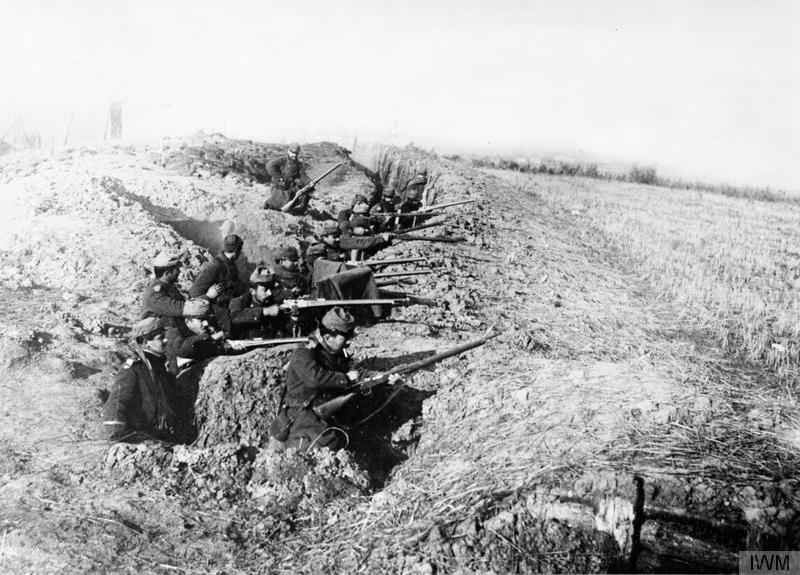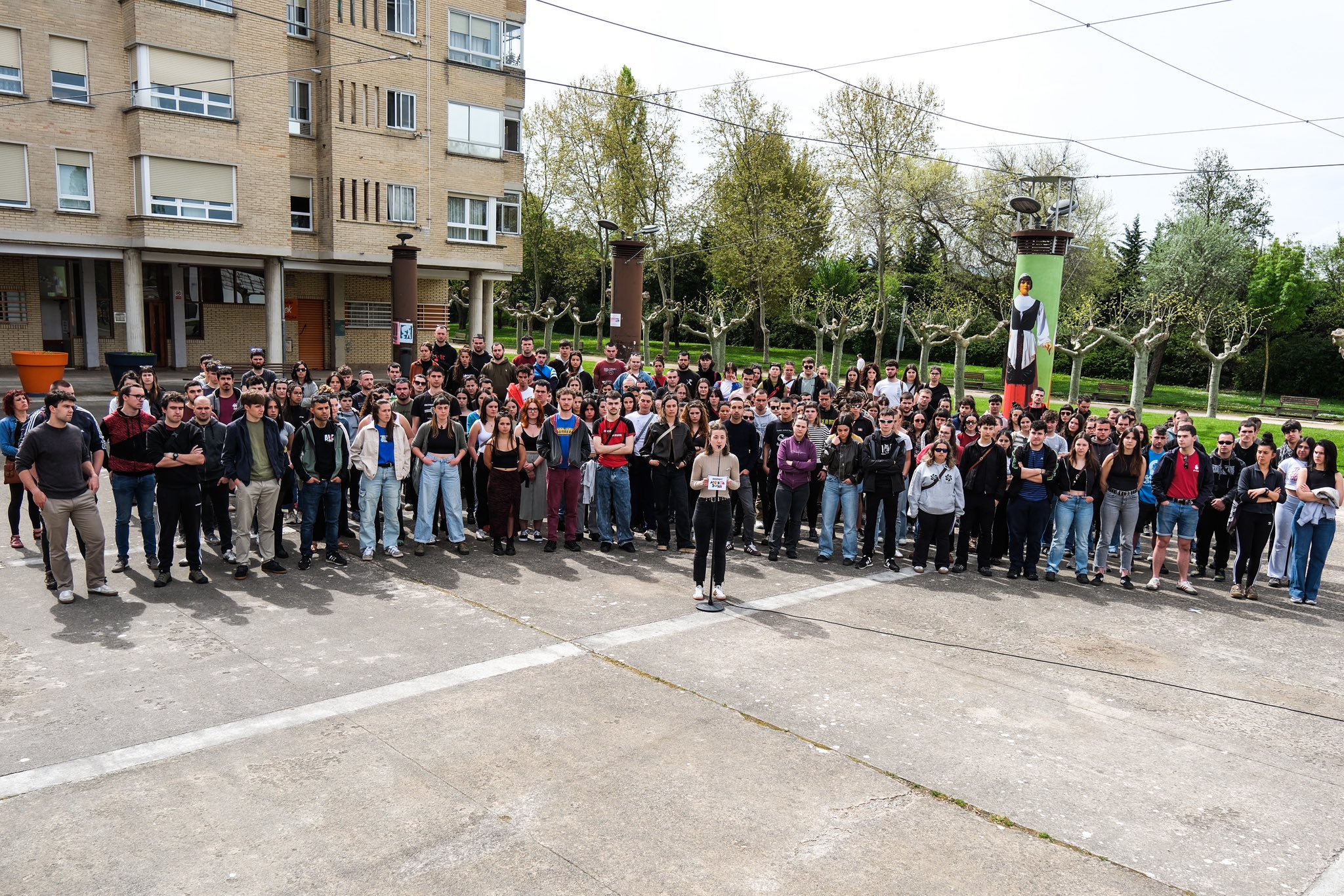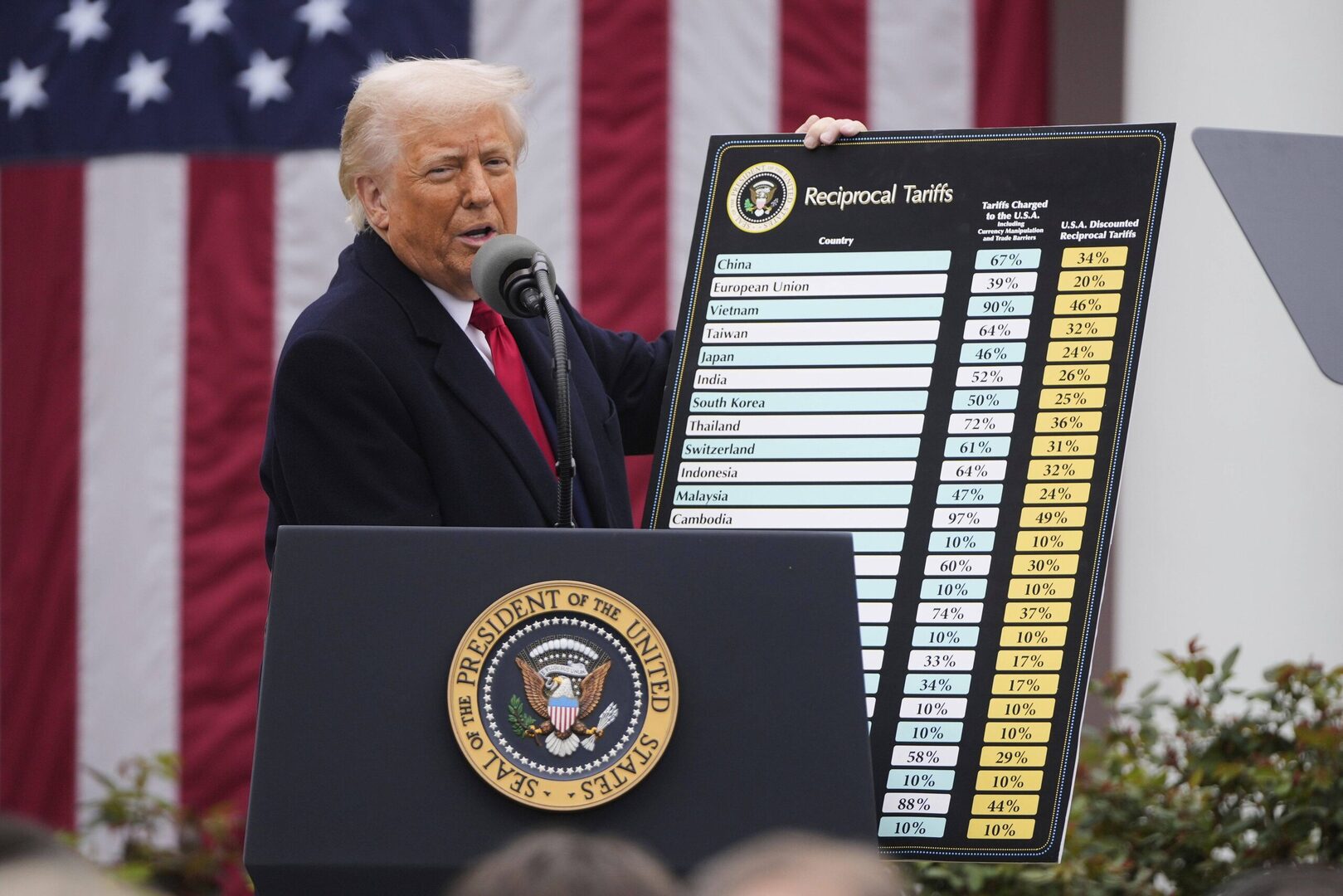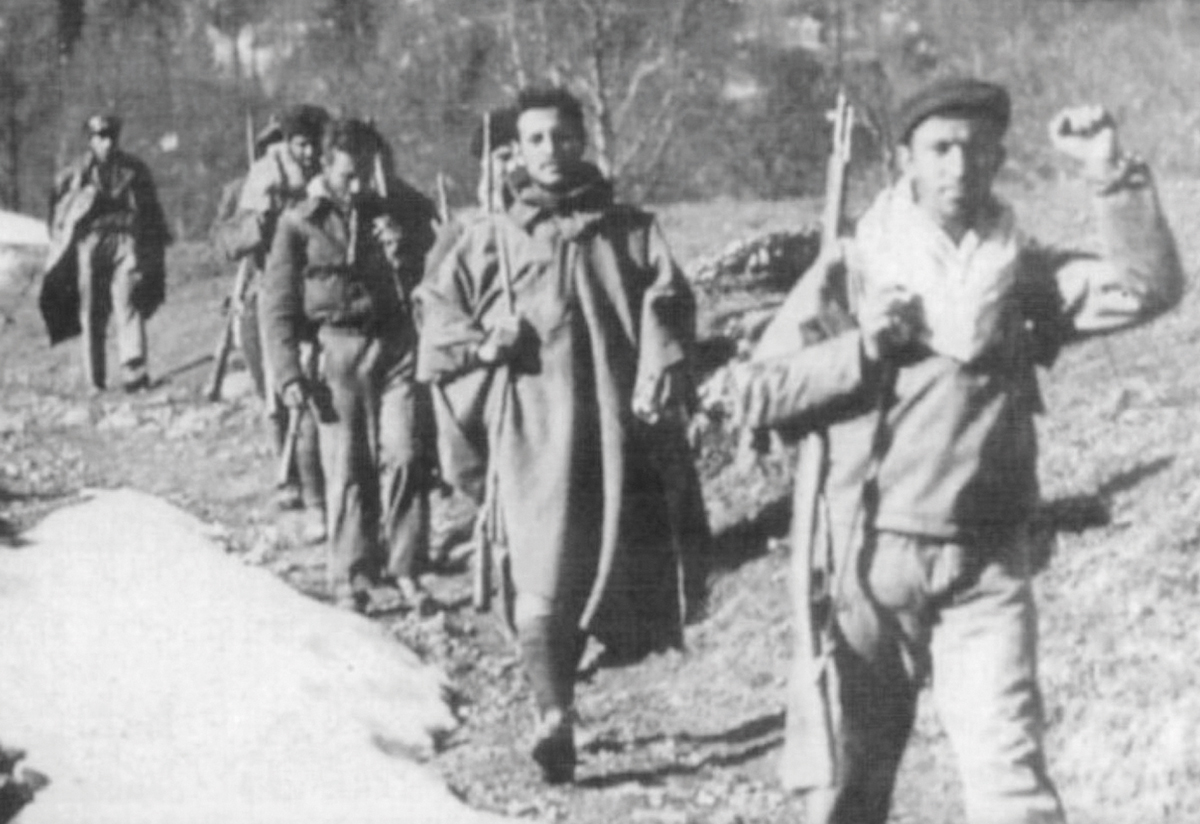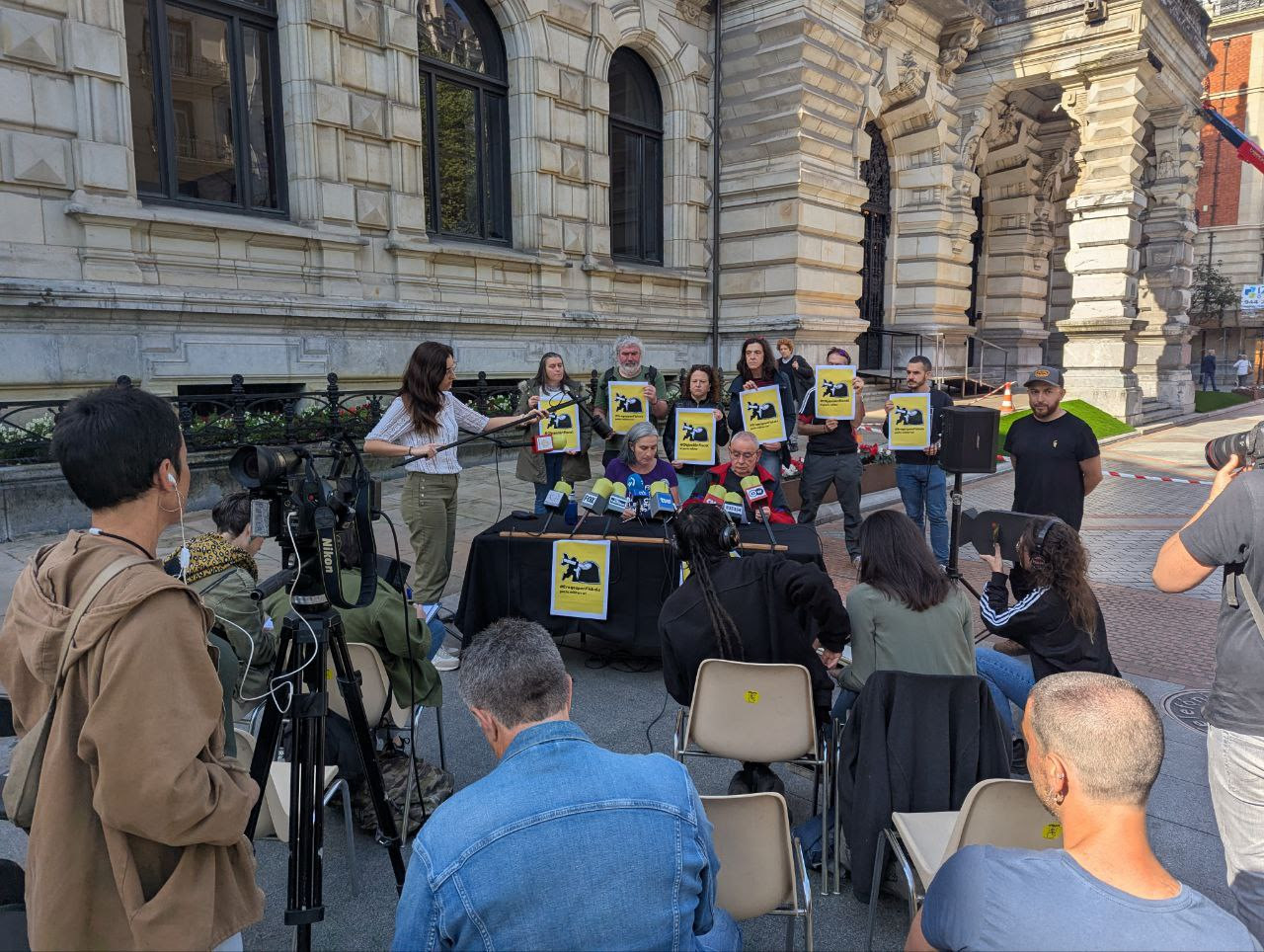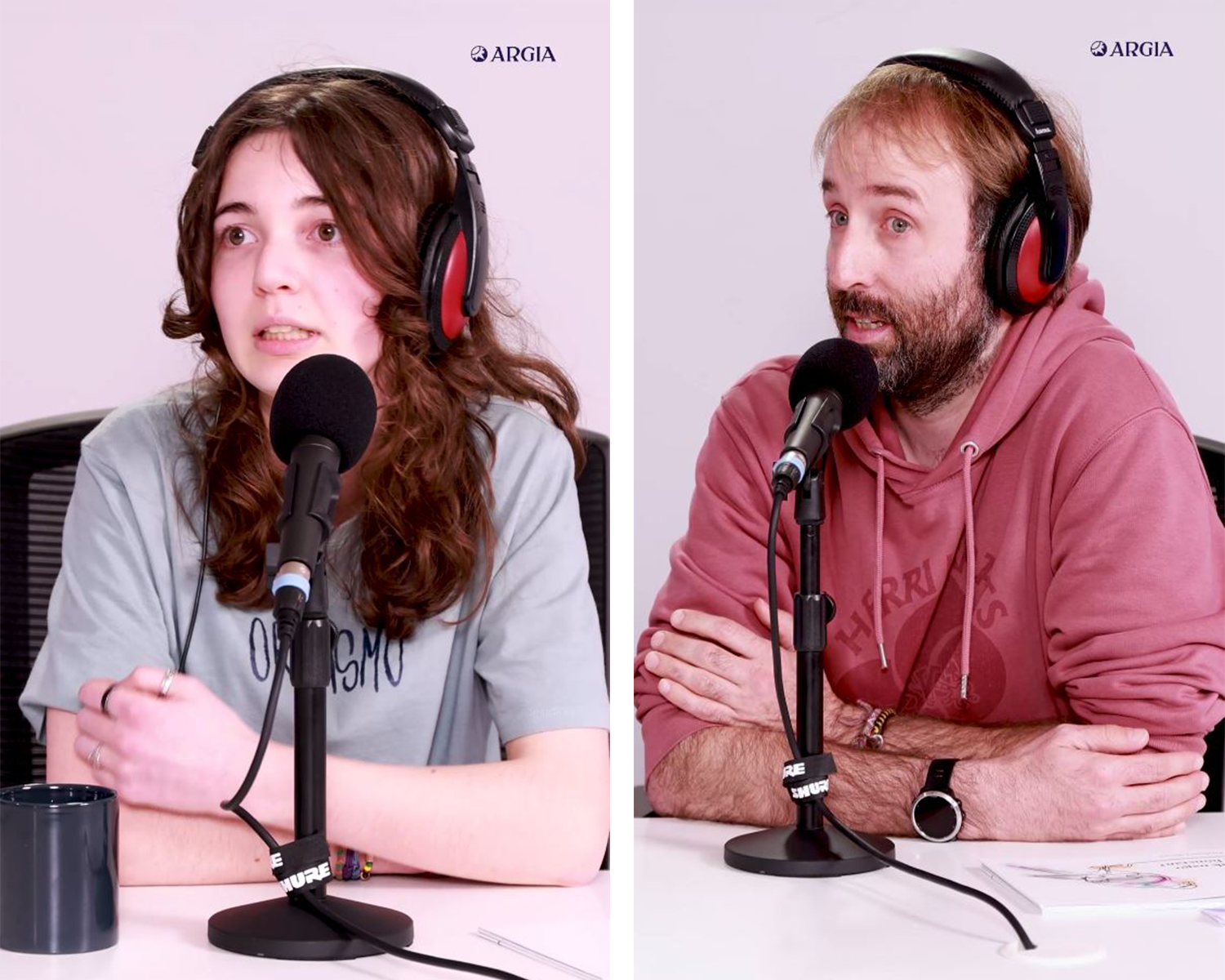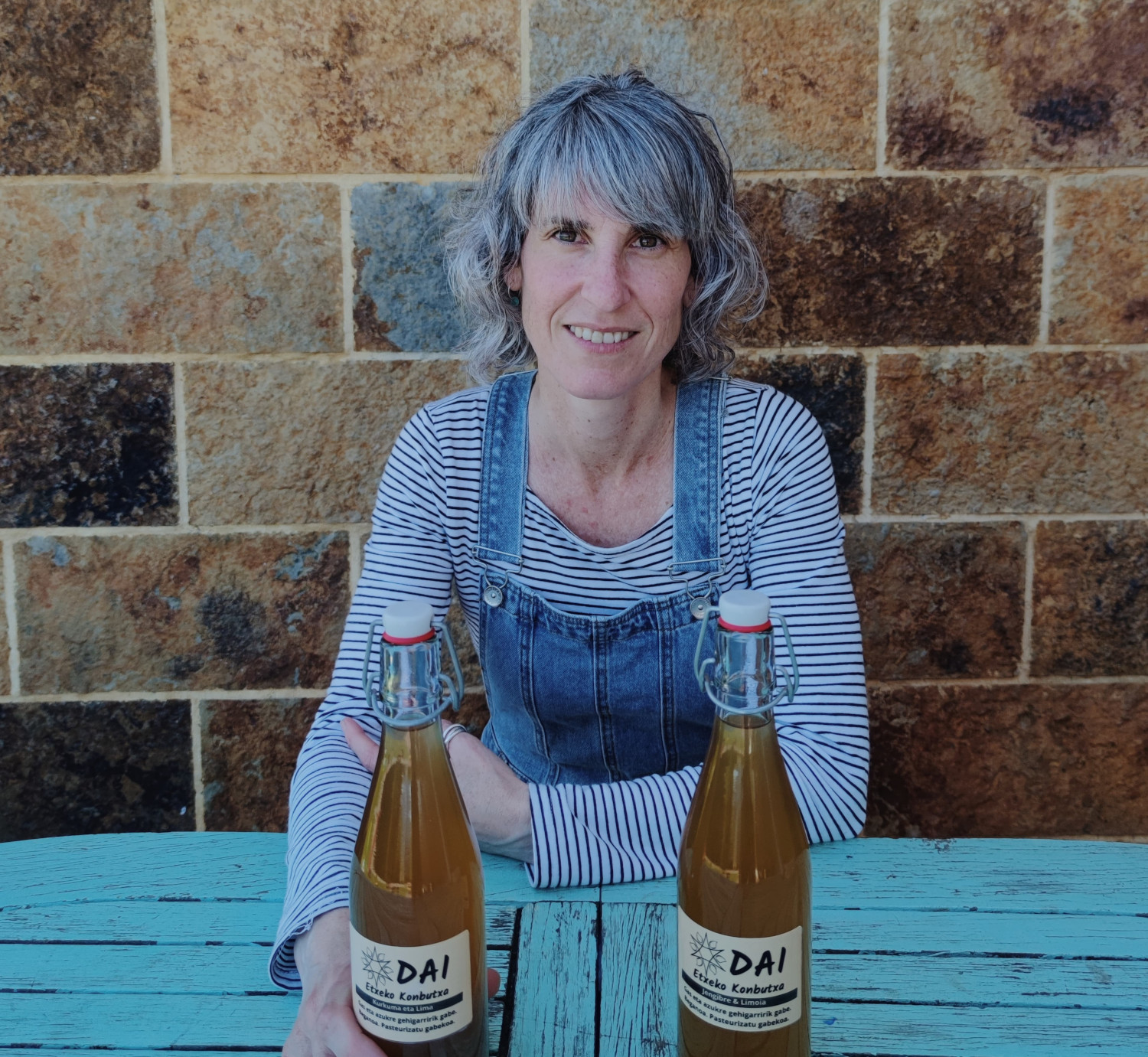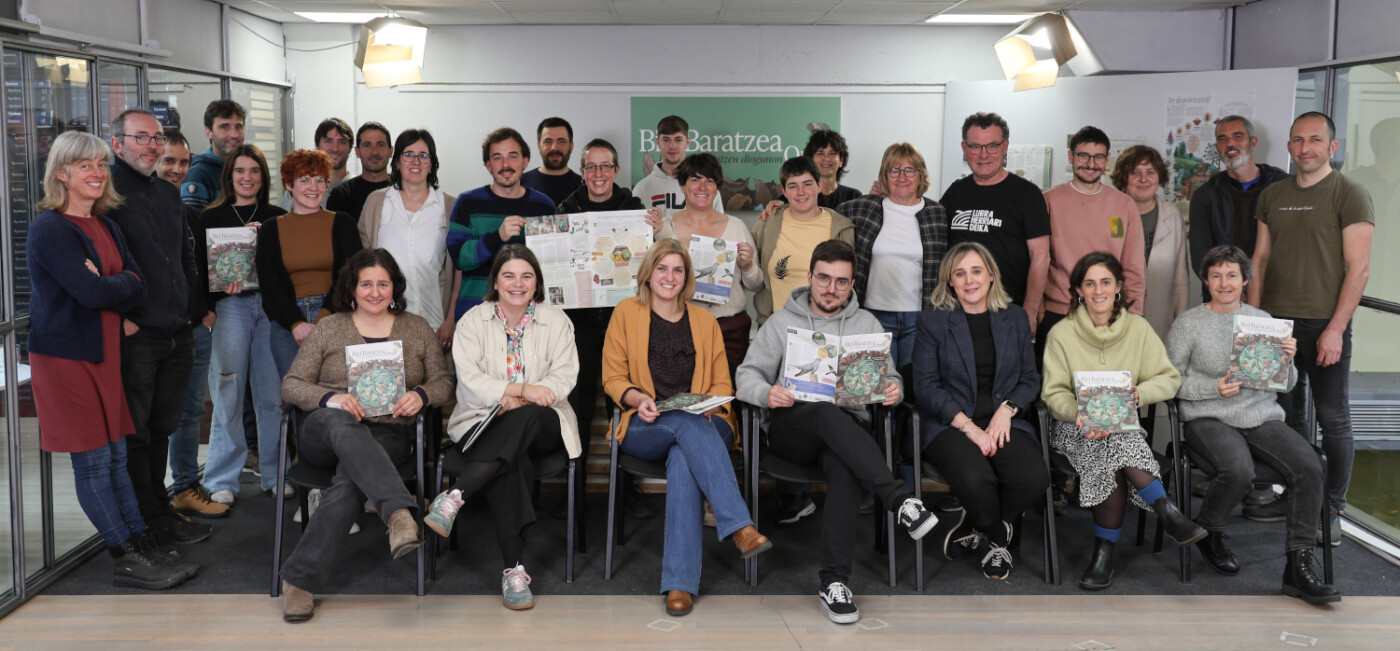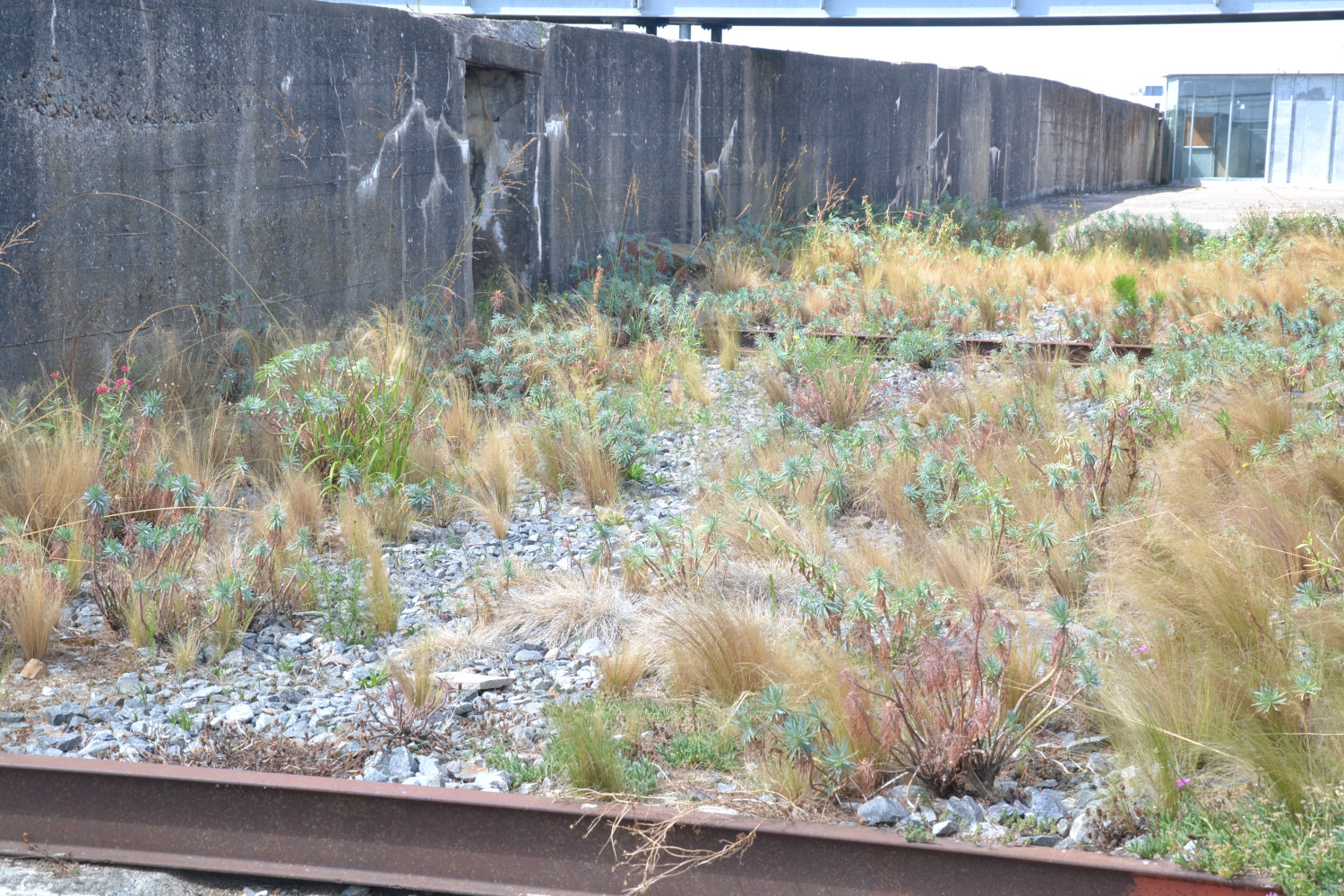"There is a Burgos front and a Burgos rear in the history of our struggle"
- 40 years since the great trial in Burgos last December. A macro-judgment that has gone down in history, according to the word used by Josu Abrisetza Txutxo. Sixteen were prosecuted, of which he was the youngest. He was 19 years old when he was arrested, 21 at the time of the trial, in December 1970...

The Burgos trial, 1970. Sixteen people on trial.
40 years! They've passed quickly. I think about why we were in that process, and why people are struggling today, and I think the reasons are the same. The Basque Country was oppressed, and more than oppressed, on the road to complete dissolution. And we stood up against it. We wanted to stop the dissolution of our nation. They've been doing it since the war, trying to wipe out our country.Sixteen of us were prosecuted, but we were just one example, we could have been as many as five hundred! The village was there. It was a revival of the people’s struggle, of the national struggle. We took the speeches we made there and that is clear. Itziar [Aizpurua] defended the Basque language, Jokin [Gorostidi] defended the workers’ struggle, López Irasuegi said he was a prisoner of war, like Enrike Gesalaga. Mario Onaindia confronted the tribune singing the Basque warriors, not the International, or Gora y gora Euzkadi... A total confrontation!
You had your speeches and presentations planned.
Oh, yeah, yeah. From the time we were arrested to the trial, it took twenty months. During this time, things changed more than once.We soon realized that they were preparing a big, non-judgmental, but non-judgmental, macro-judgement, in order to make sense, against the resistance. We were the resistance at that time. He had no initiative.
How did you approach the trial?
Some of the lawyers wanted to advocate for legal defense. “You have done this and that, in such days, in such places. He had a gun.” This sort of thing. We gave up that path. We wanted it differently. We wanted Basque lawyers, but we did not want to silence the struggle of the peoples of the Spanish State, so we also received lawyers from other nations of the peninsula, indicating that we were not talking against the Spanish people, but against the state. I was tortured by Creix, the head of the Bilbao police. Catalan, Francoist torturer, good bad after that! He broke the chair by hitting me! I was not against Catalonia, but against that torturer. When we prepared the trial, we decided to develop different defenses in order to bring to light the different aspects of oppression through question-and-answer. In this way, the lawyers’ questions would have been a means of telling the world what we wanted to say. And like the world, the Basque Country, and Spain. When they asked me, for example: “Why were you carrying a gun?” I replied “to protect myself against the Spanish police.” I was defending the Basque nation. They were carrying the gun to defend the Spanish nation. I mean, we weren't talking about whims, I didn't like the gun once, but the decision was made: “We will fight against this state that wants to dismantle the Basque Country, as we can, by all means possible.”
“All the roads.”
Oh, yeah, yeah. And we all agreed on that, sixteen. At that time we were all one in the defense of the Basque nation. Today we are looking for different political paths, but the state – the same state as at the time, the same one – although it has changed the form of oppression, it is in the old, denying the Basque nation and, if possible, dismantling its existence. Today it is said: “We don’t need ETA,” and it’s true. Armed struggle cannot accomplish many things. He could never do it. We knew that, too. We never once thought that ETA had the strength to take power. We were resistance, we didn’t have the strength to take power. Today, there is a difference, today the nation must be built. Forty years of struggle have managed to stop the dynamics of the state, which is the intention to dismantle the Basque nation.
Who should build the nation, how?
You need the city for that. A minority cannot build a village. A minority will stop the intention of the state, but nothing more. Over time, and with everyone’s struggle (the armed struggle, the unions, the mass movement and all others), we have stopped the destructive purpose of the state. But now we have to build the people, and if we do not build the people, we have done nothing. You asked me who and how to build the village. We ourselves, on the one hand, and international aid, on the other. We need international support to build the Basque nation. The armed struggle there has nothing to do, it can’t achieve anything.
Armed struggle, that's it, you're saying...
An internationally renowned intellectual once told me: “If the armed struggle harms the state, it is useful, whether in the Basque Country or in Cuba. But if the state comes to use the armed struggle itself for its own interests, it’s just a matter of thinking twice!” That's what I'm into.
However, even in construction, each one walks in his own way, unable to accumulate strength.
The dispersal began when we were imprisoned. I was in a cell in Alicante for twenty-six months. The others, here and there. We got out of jail with the amnesty law and most of us continued the struggle in one way or another... We were also patriots and independentists in the future, most of us fighting for self-determination, for the right of the Basque Country, and all peoples, to decide their own future. However, some became Spanish, ignoring the Basque nation’s intention. There's Mario Onaindia, Teo Uriarte, Xabier Markiegi... They did not simply contradict the principles we proclaimed in Burgos, no, they came to deny the very existence of the Basque nation. Why did they act like that? Mario, before, during and even after Burgos, was a patriot, he fought for the independence of the Basque Country, he took advantage of all kinds of struggles, like all of us. He also promoted the military-political dynamic after Burgos. One day, he seemed to think about it and decided that he was not a Basque nationalist: “I am not a patriot, I am Spanish. That’s it.” He made the choice.
You were the youngest of the defendants.
Yes, and the oldest Jon Etxabe, the abbot. I think so. I was 19 years old when I fell, in Grooal, the old part of Bilbao. When the trial started, I was 21 years old.
You mentioned the torture after the arrest.
There was a lot of torture at the time. The police didn't even have a problem with leaving traces. We had no way to report torture abroad. You could hear the big ones on the street. “They killed a patriot, he showed up in Bilbao.” The police, on the other hand, used these gossip to get us out of the station and intimidate us. I, for example, was taken out three times, saying that I would be shot and thrown into the rhyme...
What about the lawyers? José Antonio Etxebarrieta, Juan Maria Bandres, Miguel Castells...
Everyone had their own lawyer. José Antonio Etxebarrieta was, of course, Chad’s brother, which we also wanted to use politically. I had a very good, revolutionary Catalan lawyer, Sole Barbera. He was a communist. I think he was kept in jail during or after the war. When we broke the trial, when Mario Eusko began to sing the warriors-and this is what you hear on the records, I remember Sole Barbera crying, excited. I haven't seen him since. They prevented us from having contact with lawyers, and then they sent me to Alicante. We had to talk to each other several times during the preparatory work for the trial, and I was very fond of it. He also taught me a lot. I was a 21-year-old boy who taught me how to explain things. José Antonio Etxebarrieta was our biggest friend. Etxebarrieta and we, the defendants, prepared the trial to be political. We ourselves led the trial strategy, which questions to ask, how to answer, and others. Don't doubt that.
What was that strategy?
We went to break the trial, but we didn't want to break it from the beginning, because if we broke it, we couldn't explain it. Since they started with the alphabet, I was the first to declare it. The military thought I was going to flatter and hosk, but it wasn't like that. To the prosecutor, I replied that I did not know him, because if I did not, they would have prevented me from speaking. When the lawyer’s turn came, I had the opportunity to speak; I spent an hour explaining. Itziar Aizpurua came after me. He made a masterful explanation of the Basque language and culture... The military continued in alphabetical order until they realized our purpose. The order was then changed. According to our strategy, it was up to Uriarte to break the trial, he was the last on the list and so prepared. But the judges changed the order, and it was up to Mario. He had to say that he was a prisoner of war, that he didn’t know the tribune, and that Gora Euskadi Askada! scream, and it would be time for all of us to join him, rise up, and sing. So it happened, and the guards began to push and beat the sixteen men out of there.
What about that big trial in Burgos after 40 years?
I would say that we carried out a struggle that resonated internationally. This trial was an important part of our history. In the history of the struggle of the Basque Country there is a confrontation between Burgos and Burgos. In Burgos a new resistance blossomed, a revival of the people who wanted to destroy it, of the Basque nation. In Burgos we were sixteen people, but we could have been half a million as well! Burgos brought the adult age of resistance, from there it would not be good until the dynamics of the state were broken. We went on like this.
You place Burgos in the fight against state violence.
In Burgos, some militants and collaborators of the armed struggle were tried, but above all, the resisters of the struggle that the state was using to dismantle the Basque Country were tried. Burgos brought it to the vigil, it was the culmination of the dynamic that came after 1959: the people, the Basque language, the schools, the university, the workers’ movement... The state wanted to break all those paths of struggle. In Burgos, we confronted the state, saying that we had followed that path. That's why the trial broke down singing Basque warriors, not some other...
89 urterekin hil da, Liman, eta idazle perutarraren seme-alabek eman dute haren heriotzaren berri. Gaztelaniazko literaturaren egilerik ospetsuenetakoa izan zen, eta 1960ko eta 1970eko hamarkadetan Latinoamerikan literaturak izan zuen loraldian paper garrantzitsua jokatu zuen... [+]
Euskal Herriko Kontseilu Sozialistak (EHKS) antolatuta, egun osoko jardunaldia egin dute igandean, Bilboko Campos Eliseos antzokian. Hainbat hitzaldik osatu dute egitaraua, eta jardnualdia amaitzeko Bigarrenez Aresti etorkizunaren aurrean antzezlana estreinatu dute.
Bozen lehen itzulian pare-parean geratu ostean, inkesta gehienek aurreikusten zutena baino tarte handiagoa atera dio egungo presidenteak Luisa González hautagai correistari. Oposizioak "iruzurra" salatu eta botoak berriz zenbatzea eskatu du.
Gure amak beti esaten du: “Ez dut sekula ulertu zergatik gertatu zen Lehen Mundu Gerra”. Ez dio batere zentzurik harrapatzen. Ez du ulertzen zergatik inplikatu ziren Europako potentzia zaharrak halako basakeria batean eta ez zaio buruan sartzen nola konbentzitu... [+]
Adierazpen askatasuna aldarrikatzeko eta "eskuin erreakzionarioaren ofentsibari aurre egiteko" batuko dira. Egun horretarako Euskal Preso Politikoen alde antolatua zuten hitzaldia eta ekitaldia salatu du UPNk, eta hura zelatatzeko agindu du Espainiako Audientzia... [+]
Maki gerrillari antifrankistek Euskal Herrian ez zuten presentzia bereziki nabarmena izan, baina batzuk pasatu ziren, baita erregimenaren errepresio bortitza pairatu ere. Guardia Zibilak hiru hil zituen Ibaetan 1947an eta bat Zubietan 1948an, ahaztuta badaude ere.
Ekimenak bakea eta justizia soziala sustatzeko proiektuak finantzatzea du helburu. Sustatzaile diren gizarte mugimenduek mezu argi bat bidali diete gobernuei eta armagintza industriari: "Ez dugu gerraren konplize izan nahi".
"Ask for your turn and we'll join you," the willing and cheerful announcer who speaks from the studios tells the young correspondent who walks through the streets of Bilbao. The presenter immediately addressed the audience. "In the meantime, we are going to Pamplona..." They opened... [+]
At the beginning of the year, the Zedarria group publicly supported the "opening of the debate" on the "defense" industry (as well as the nuclear industry), to which the Basque Government has immediately joined. First, through Mikel Torres, Vice President and Economic Counselor, who... [+]











